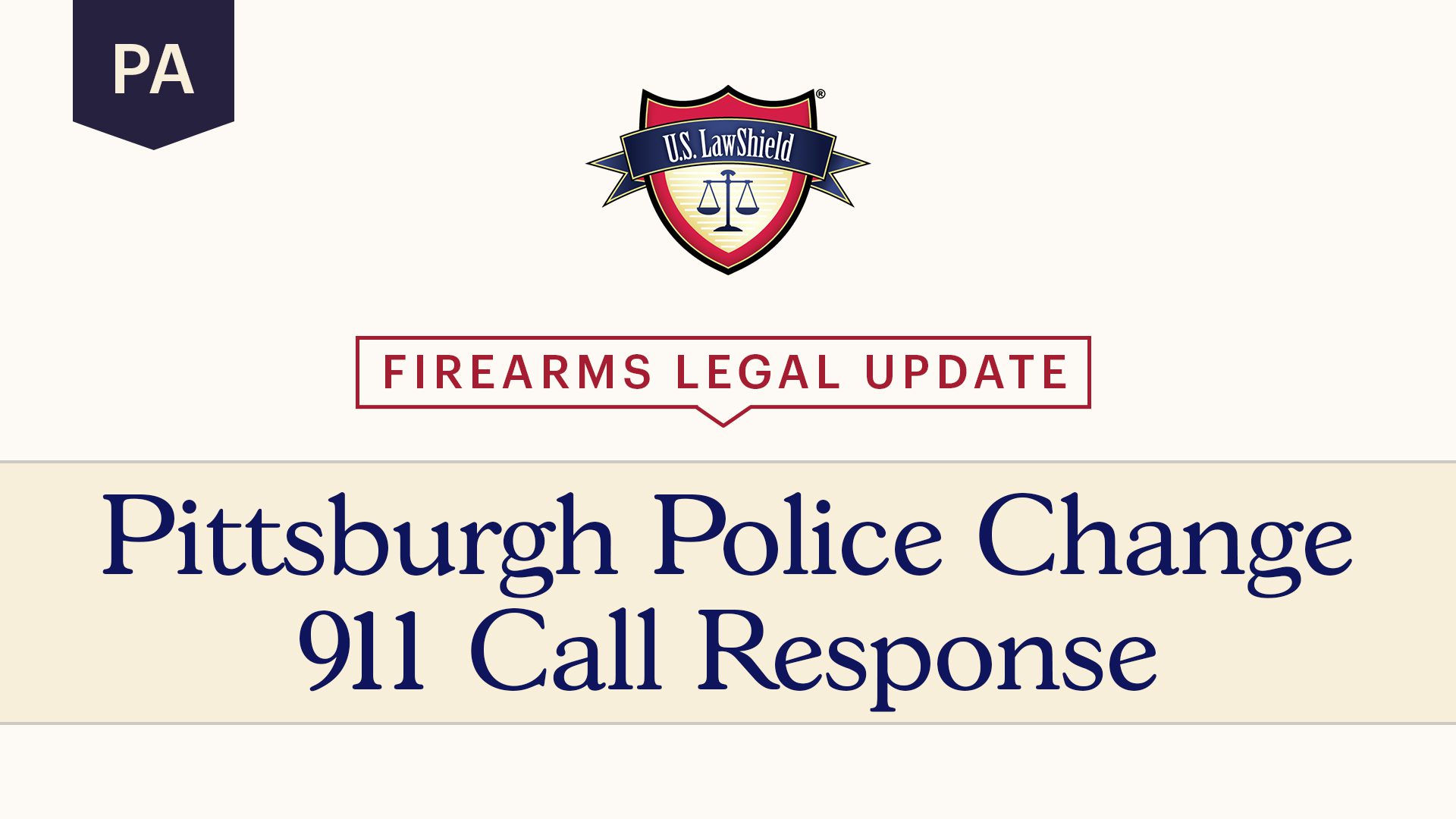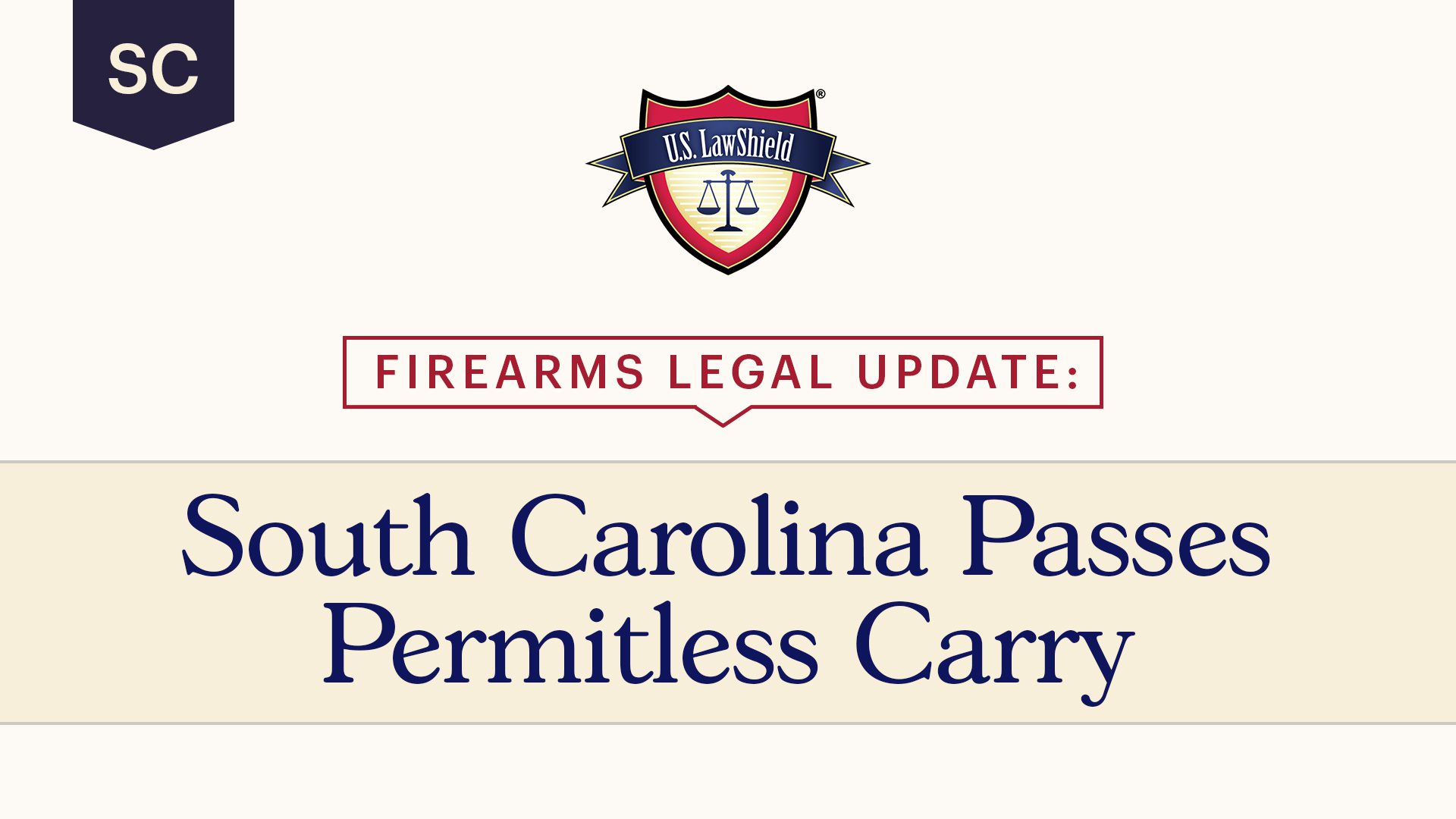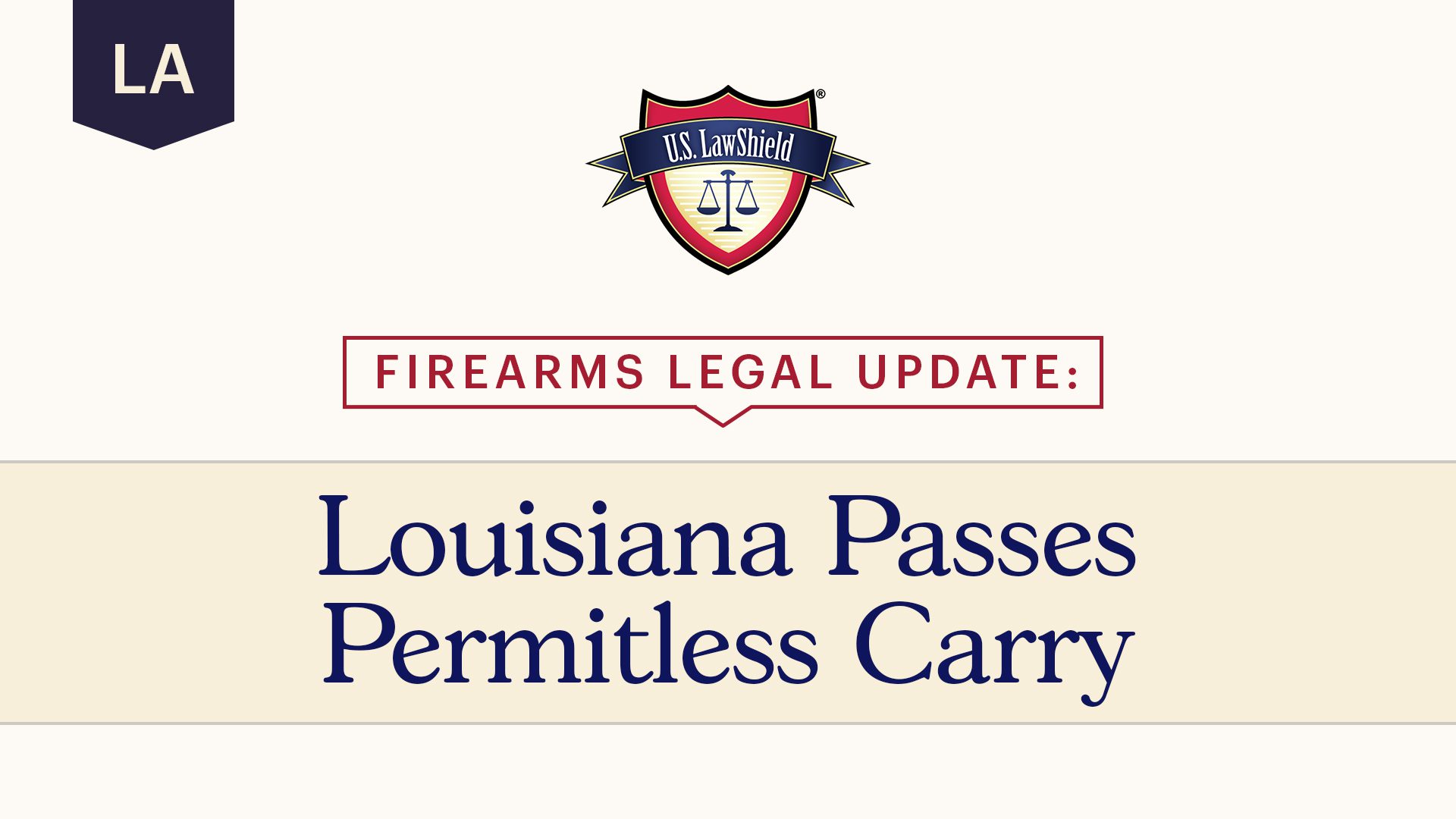The following is a video transcript.
I get so many questions about this issue, it was deserving of a video discussion, in the hopes many of your common questions and concerns can be answered. We’re talking about red flag laws or, as they are sometimes called, extreme risk protection orders.
Red Flag Laws in Ohio
Initially, let me alleviate the concerns of many who think these are already being put into place in Ohio. Ohio does not currently have red flag laws. But just as they are being hotly debated in many states across the country, Ohio is no different. On the heels of recent events in Dayton, which has brought more attention and focus than ever before, then the amped up rhetoric of the anti-gun lobby, the issue has certainly picked up steam. Governor DeWine’s recent comments, which included a 17-point safety plan with elements of red flag restrictions, did little to assuage the concerns of law-abiding gun owners.
Overall, I see some bipartisan support for these kinds of laws in Ohio, but we have a GOP-controlled House of Representatives. So, that should be helpful in avoiding their passage in the near future. There is also discussion in Washington, with federal legislators considering enacting some form of red flag on the federal level. Hints of common ground coming: during a hearing on Capitol Hill about red flag laws, Lindsey Graham said even though he is a big fan of the Second Amendment, every right has its limits.
There is much debate about the effectiveness of red flag laws, and rightly so. Do they really work? Or do they do more harm, with their inevitable overreach and the abridgment of constitutionally guaranteed rights, than any real, discernible good? I expect, at least for Ohio, the debate will continue for some time to come.
What Happens if they Pass?
If, at some point, red flag laws are passed and enacted in Ohio, what can we expect? Well, a basic understanding of them is important. What are they, in essence? They are laws that provide an avenue by which firearms can be taken out of the hands of those people identified by non-state actors, if they are deemed to be a danger to themselves or others.
What do I mean by “non-state actors?” I mean people who aren’t officials of the State of Ohio, but simply friends, neighbors, coworkers, and custodians, just to name a few. Once the petition is filed, a judge would issue an order of confiscation, and the targeted individual would have to relinquish all firearms or face criminal prosecution for failing to abide by the order. The order would stay in effect for a statutorily prescribed period of time, at which time a hearing would be held to determine if the person should get them back.
Infringement on Gun Owner Rights
The main problem arising from such legislation is the sheer infringement on gun owners’ rights as it relates to due process. There seems to be so much ambiguity—especially in regard to the discretion the courts would have once the guns are seized—in whether they would return the owner’s firearms, and the low threshold (i.e., the burden that would need to be demonstrated) to keep them in perpetuity.
In the end, it’s anyone’s guess how this plays out in the long run in Ohio. As with most things, it will depend on who is in charge in Columbus. For now, we are not affected and let’s hope it stays that way. If you have any questions about this topic, or anything else, please feel free to contact U.S. LawShield and ask to speak with your Independent Program Attorney.





Thanks for the update.
Where does Constitutional carry stand in Ohio